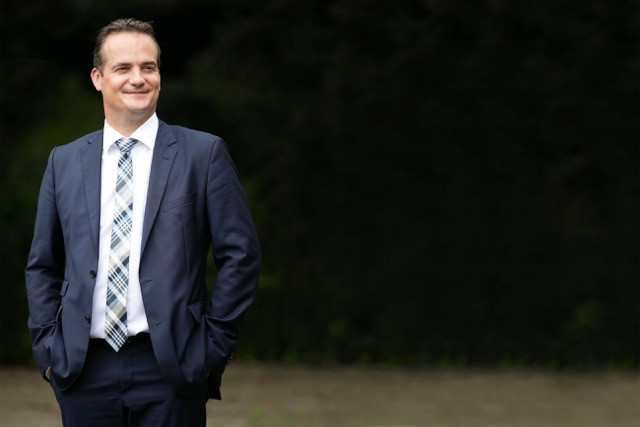The cabinet of the region’s minister-president, Olivier Paasch, has said that “this new brand aims to give the region a more attractive, efficient and sustainable image.”
The region is located about 150km north of Luxembourg City, at the crossroads of the Ardennes and the Eifel, and comprises the towns of Eupen, Malmédy and Sankt Vith, and has a population of 75,000.
The previous name, “Deutschsprachige Gemeinschaft”, and its abbreviation DG, was not seen as necessarily invoking that specific eastern part of Belgium. Some have joked that DG was more associated with Dolce&Gabbana (or with “Direction générale”, for the politics nerds amongst you). Furthermore, many other names and brands were used in the various regional development schemes.
For these reasons, DG is about to disappear from all communication and will be replaced by “Ostbelgien”.
Paasch said this was necessary: “The birth rates are relatively low and the ageing of the population means that our workforce is too small to replace the workers who will retire soon. We need to attract more immigration, mostly from the neighbouring regions. Furthermore, investments and attracting businesses are important for our future.”
He added that a targeted marketing strategy would have a similar positive effect to those carried out in South Tyrol, for example. Furthermore, this new communication strategy would reinforce the identification of its people to the community.
Belgium’s political system divides the country into three geographic regions--Flanders, Wallonia and the Brussels Capital Region--and into three different language communities: French, Flemish and German. Ostbelgien’s coalition government is composed of the ProDG, PFF and SP parties.
Karl-Heinz Lambertz, a SP (socialist) senator, said in an interview with RTL Belgium that the new name was only for marketing purposes and there would not be a change to the constitution.
ProDG is one of the more autonomist parties and compared sometimes to the populist N-VA in Flanders. Paasch said: “I am a convinced Belgian. I am not advocating independence”, but his plan is for Ostbelgien to be equal to the other regions--that is, to get more autonomy in several policy areas. However, he also affirmed that the name DG would stay in the constitution.
The “French community” changed its name to “Fédération Wallonie-Bruxelles” a few years ago, the Walloon region now calls itself Wallonie, and these days the “Région de Bruxelles-Capitale” is known as Brussels.
So far, it seems that the tourism industry has been most active in making the brand its own. The official tourism website has already adopted the name. Economic and cultural players were called upon to make the brand name their own and incorporate it in their own marketing strategies.
This article was first published in the June 2017 issue of Delano magazine. Be the first to read Delano articles on paper before they’re posted online, plus read exclusive features and interviews that only appear in the print edition, by subscribing online.
